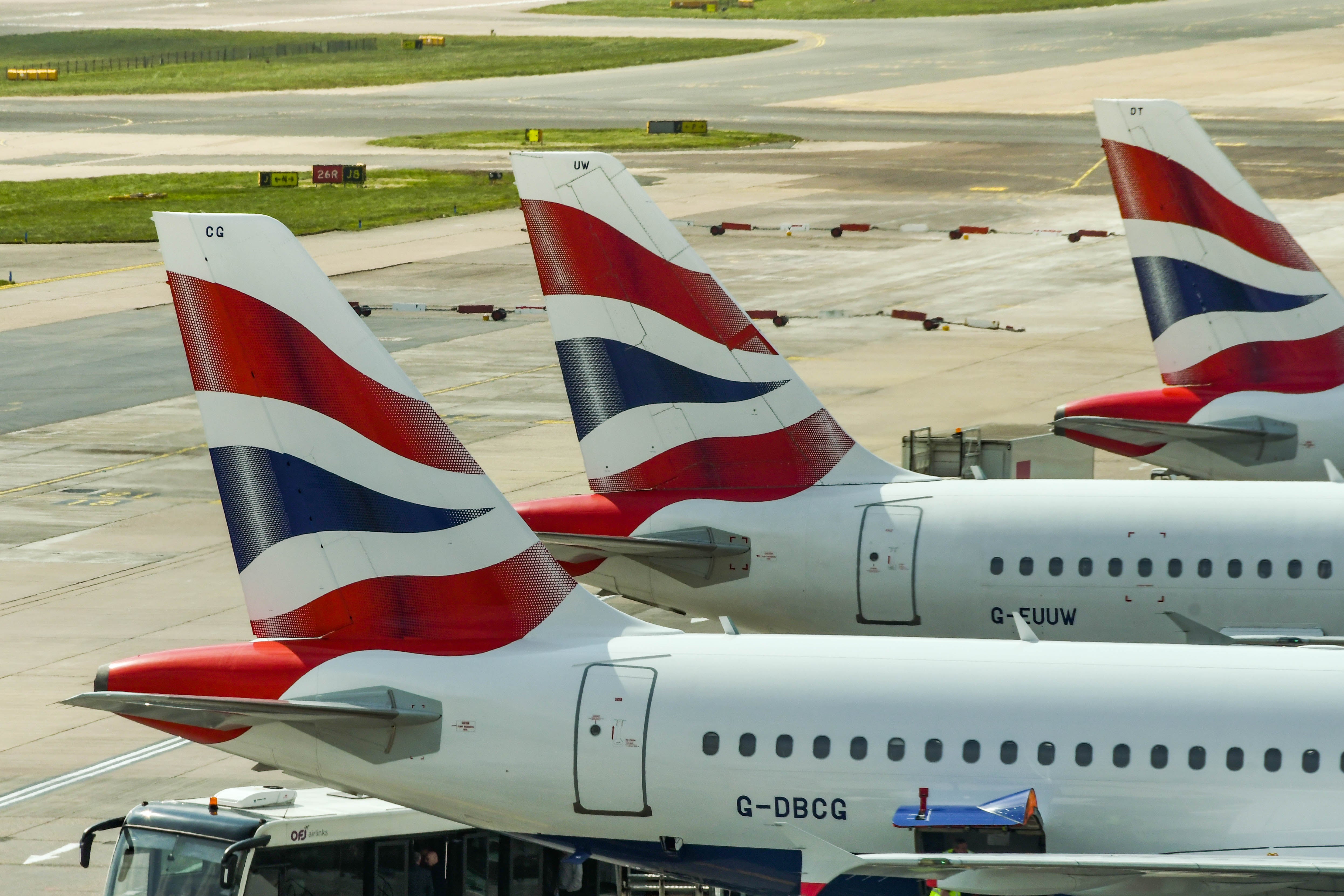Why is British Airways cancelling flights between London Gatwick and New York?
British Airways has cancelled flights on the London-New York route for around three months over the winter period

British Airways has cancelled its New York flights from London Gatwick over a five-month period – but why would the airline choose to pull this popular route with Christmas and New Year just around the corner?
It was revealed two weeks ago that BA would not run its daily London Gatwick-New York JFK route between 12 December 2024 and the end of March 2025.
The route has been cancelled alongside other journeys, including London Heathrow to Malaysia’s capital Kuala Lumpur, which not run until April 2025, as well as BA’s two daily return flights London Heathrow to Doha, Qatar.
Around 103 trips between London and New York have been scrapped due to the “delays to the delivery of engines and parts from Rolls-Royce”.
The airline said it was forced to make changes to its winter itinerary after delays in delivery of the Trent 1000 engine parts that power its fleet of Boeing 787 Dreamliner jets.
Rolls Royce says that supply chain issues have left them unable to deliver enough spare parts.
British Airways operates up to nine daily services from London Gatwick to John F. Kennedy International Airport. It also runs eight daily flights departing from Heathrow that will not be affected.
Virgin Atlantic, Icelandair, Delta, American, KLM and Lufthansa are just a few of the other airlines that cover the London to New York route, but it is thought that the grounding of the BA flights could cause price fluctuations.
Simon Calder, travel correspondent at The Independent said: “While London-New York is awash with capacity, taking 300-plus seats out of the market will make Christmas and New Year flights even more expensive.”
In a statement, British Airways said: “We’re disappointed that we’ve had to make further changes to our schedule as we continue to experience delays to the delivery of engines and parts from Rolls-Royce – particularly in relation to the Rolls-Royce Trent 1000 engines fitted to our 787 aircraft.
“We’ve taken this action because we do not believe the issue will be solved quickly, and we want to offer our customers the certainty they deserve for their travel plans.
“We continue to work closely with Rolls-Royce to ensure the company is aware of the impact its issues are having on our schedule and customers, and seek reassurance of a prompt and reliable solution.”
Rolls-Royce has said it will continue to work with British Airways and its other customers to minimise the impact of the limited availability of spares due to the current supply chain constraints.
In a statement this week, a spokesperson said that Rolls-Royce has introduced a number of initiatives to try to reduce the impact on its customers.
“We take the industry-wide issue that the aerospace supply chain is currently dealing with, extremely seriously,” they said.
“We’ve already introduced measures that allow us to respond more quickly to issues, such as integrating our Procurement and Supplier Management teams, sharing our own raw material stocks to tackle shortages, and hiring people to work in supplier organisations; one of our most impacted suppliers currently has almost 50 Rolls-Royce supply chain staff dedicated to driving their recovery.”
For more travel news and advice, listen to Simon Calder’s podcast
Join our commenting forum
Join thought-provoking conversations, follow other Independent readers and see their replies
Comments
Bookmark popover
Removed from bookmarks